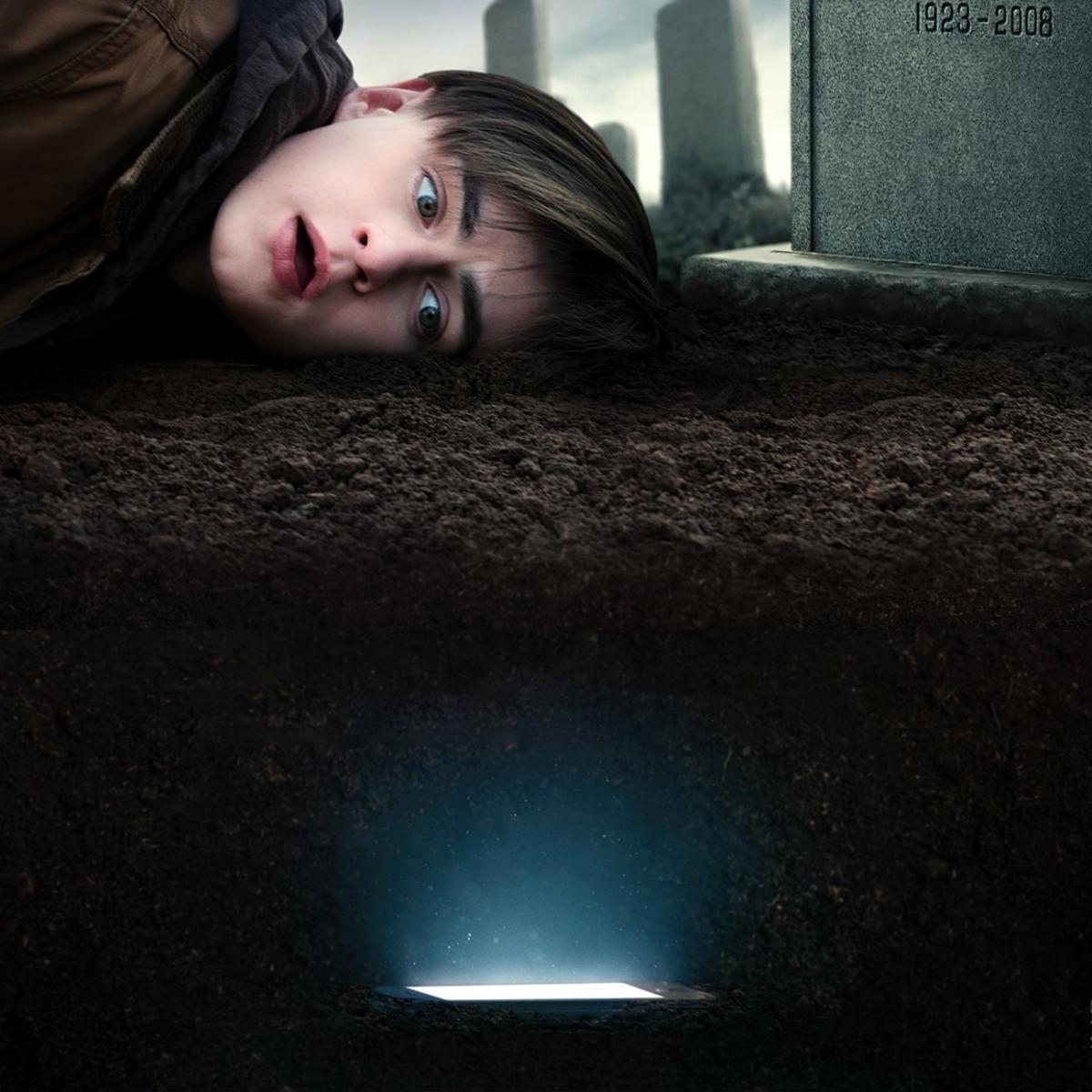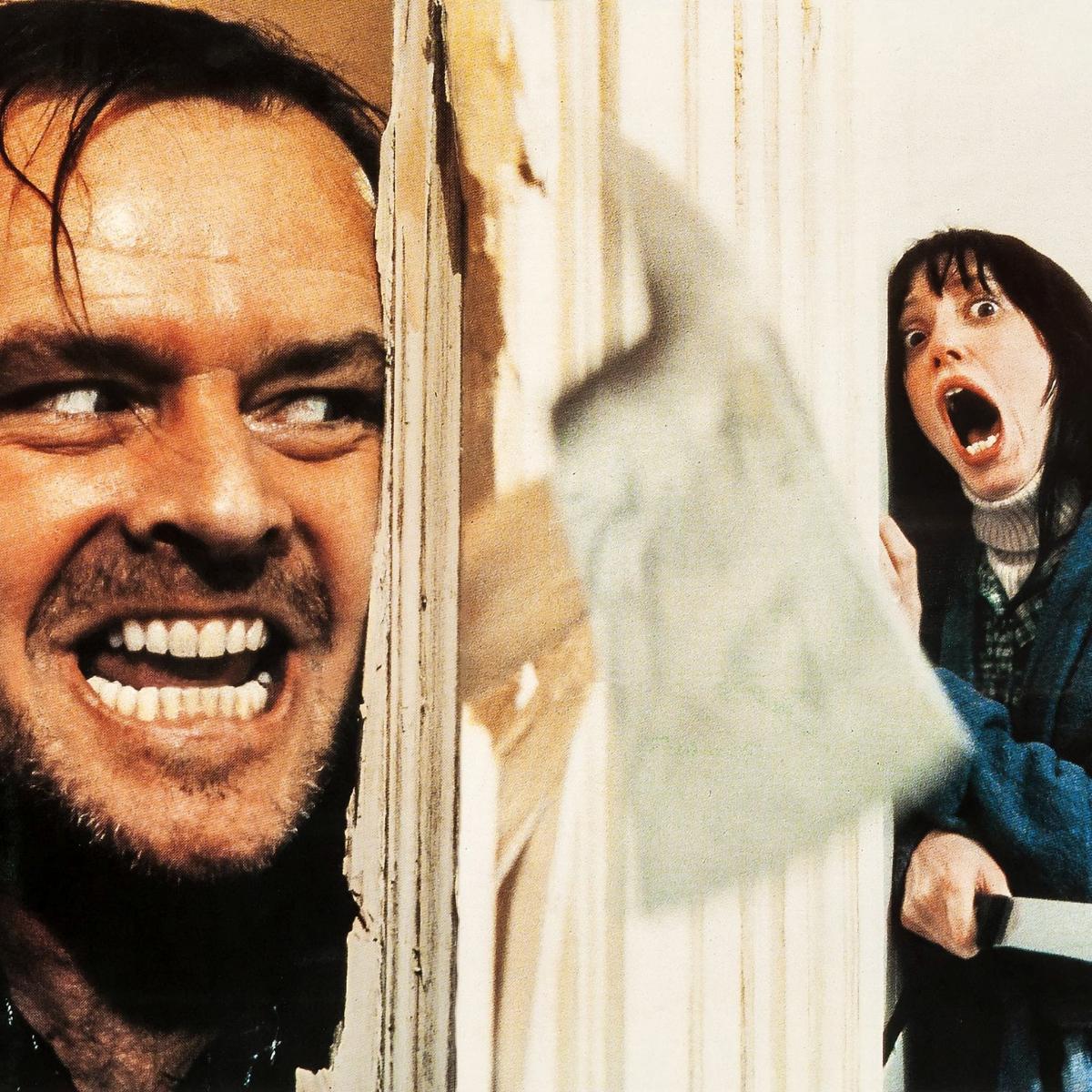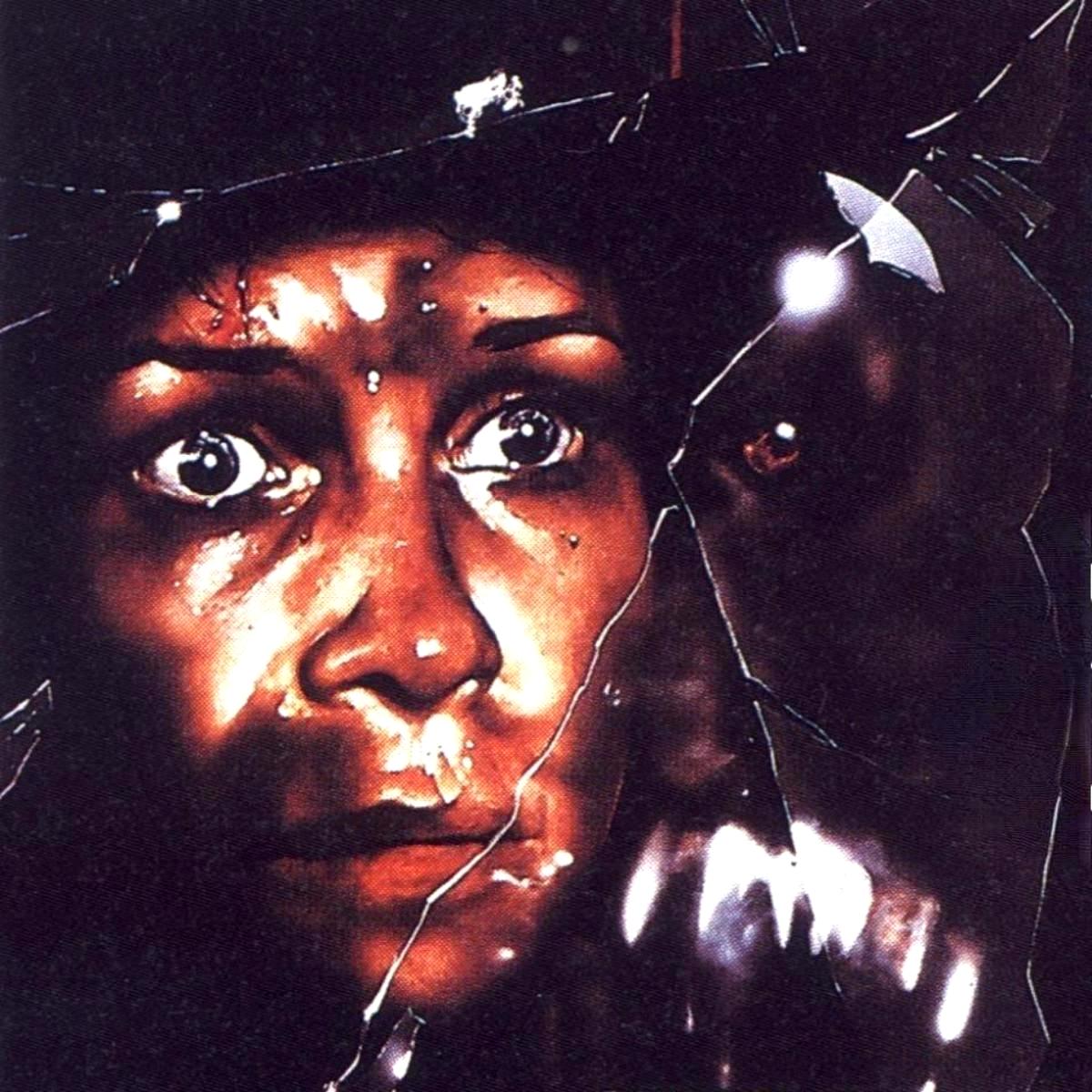Coke: the real thing.
It’s been said that Stephen King, masterful storyteller that he is, often can’t quite stick the landing. In Maximum Overdrive, his one and only foray into feature directing, he proves these naysayers wrong by failing to stick the beginning and middle as well. Based loosely, and by loosely I mean “the way a toddler bases the contents of its nappy on a diet of curried prunes”, on his short story Trucks, it’s an experiment in what happens when you give a best-selling author a camera, some cocaine, and a crew too polite to say no.
The idea is simple: machines come alive and attack humanity. Cars, lorries, electric carving knives, ATMs, all suddenly possessed of homicidal intent. Well, I say all, but it’s notably inconsistent in exactly which appliances turn on us and which continue doing their mechanical and electronic duty. What could have been a lean, paranoid nightmare about our dependence on technology instead becomes a slapstick demolition derby; a mechanical uprising choreographed for Benny Hill. King clearly wanted to channel Hitchcock’s The Birds, but the end result is more Carry On Roadside Cafe with unlimited pyrotechnics.
The cast do what they can with the material they’re given (although there’s little evidence it was the white powdery kind), but what they can do is depressingly little. Emilio Estevez leads the charge with the air of a man who knows his career will be fine as long as nobody ever brings this up in interviews while the rest of the ensemble are tired roll-call of American roadside diner tropes: hysterical women, good ol’ boys with shotguns, and one of the most irritating child characters in horror history. Each character feels less like a person and more like a disappointing prize in the movie’s claw machine approach to whether its characters live, die or get forgotten in all the no-trucks-given carnage.
What makes this pile-up worthy of a pile-on is the calibre of the supporting cast dragged down into this scrapyard fiasco. Pat Hingle, redoubtable character actor, is left mugging through the part of a cartoonish Southern gas station owner while Yeardley Smith, a few years shy of being able to give up acting and just be Lisa Simpson forever more, is trapped in a shrill role that weaponizes her voice in all the wrong ways. Opposite Estevez is Laura Harrington, ostensibly the female lead, but saddled with thankless hysterics; forever stuck between screaming fits and swooning dependence. Even when the film has recognisable talent on screen, it finds new and inventive ways to squander them.
The real horror here is the sheer absence of control. King’s command of narrative has utterly deserted him. Dialogue is execrable, scenes meant to be terrifying are laughable and comic beats clang with all the grace of a dropped spanner. Structurally, it’s even worse: the film never even comes close to roadworthy; the story doesn’t so much unfold as collapse one disconnected scene after another, like debris scattered across the highway from a garbage truck that forgot to close its tailgate. There’s no sense of escalation, no rhythm, and crucially no real sense of an adversary, just a haphazard parade of attacks, breakdowns, and screaming matches. It feels like someone shuffled the pages of the script and nobody noticed because most of the pages just said “the trucks continue to circle the gas station”.
Maximum Overdrive has all the sheen of a straight-to-video rental despite its theatrical release and the special effects range from passably silly to outright embarrassing, with trucks that look ready to topple over or explode at the slightest breeze. The infamous “Green Goblin” truck front is the film’s sole memorable image, but even that feels like a Marvel Easter egg that wandered into the wrong franchise and fails to provide any real personality. The soundtrack, courtesy of AC/DC as a personal favour to King and possibly in return for some of his stash, is at least loud enough to drown out some of the dialogue, which is probably for the best since the script mainly consists of people yelling “LOOK OUT!” at inanimate objects.
There’s a lack of scale and follow-through on the promise of the film’s opening title cards which promise a sweeping global crisis with a cosmic explanation. But while the text promises a vehicular War Of The Worlds, King instead offers us Smokey and the Bandit Get Lunch. As an adaptation of Trucks, Maximum Overdrive doesn’t so much diverge from the source as flee from it in a panic. King’s short story was a bleak little fable about powerlessness in the face of technology; his film version of it is a poorly maintained carnival ride where the big boss battle is a petrol tanker with a silly face. Any of the story’s existential dread is replaced with honking horns and exploding diners. It’s less an allegory of man’s reliance on machines and more a how-to guide for wasting film stock.
When the film limps to its end – or, more accurately just grinds to a halt because the budget runs out – and King adds a final insult to cinematic injury, delivering the ultimate cop-out caption that reads “Two days after, a large UFO was destroyed in space by a Russian ‘weather satellite,’ which happened to be equipped with a laser cannon and class IV nuclear missiles. Approximately six days later, the earth passed beyond the tail of Rhea-M, exactly as predicted”, it’s hard not to just shake your head and reflect that cocaine is, indeed, a hell of a drug.











